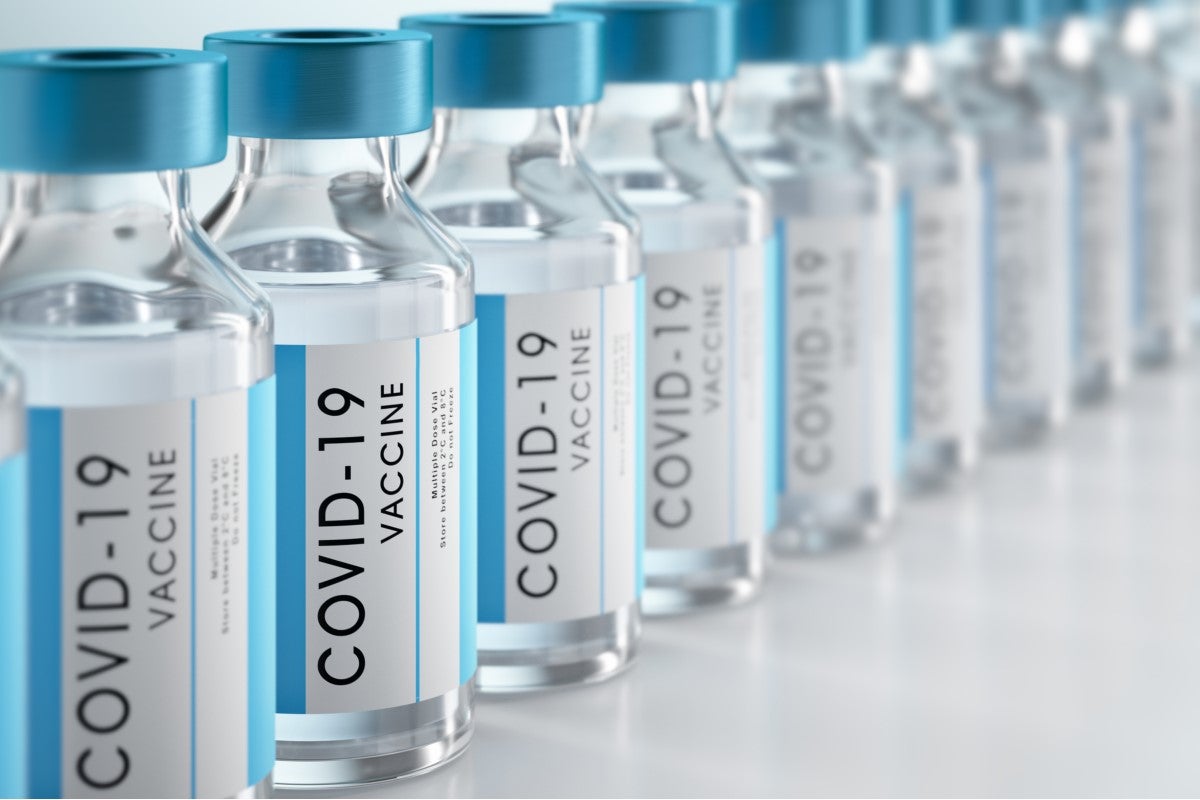You’ve probably heard or read a lot about the COVID-19 vaccines by now. Their authorization and use have become major factors in the dramatic recent drops in virus-related hospitalizations and deaths seen in the United States and elsewhere. According to a study by Public Health Scotland, the vaccines have had a “spectacular impact on preventing serious illness.”
So the impact appears clear. The question for many, then, is how exactly do they work? And the answer is fairly simple.
Vaccine 101
COVID-19 vaccines help our bodies develop immunity to the virus that causes COVID-19 without us actually having to get the illness. Different types of vaccines work in different ways to offer that protection. With all types of vaccines, though, the body is left with a supply of “memory” cells that will remember how to fight that virus in the future.
Types of Vaccines
Currently, there are two types of COVID-19 vaccines that are authorized for emergency use in the United States. None of these vaccines can give you COVID-19 because they do not contain any live virus.
- mRNA vaccines contain material from the virus that causes COVID-19 that gives our cells instructions for how to make a harmless protein that is unique to the virus. After our cells make copies of the protein, they destroy the genetic material from the vaccine. Our bodies recognize that the protein should not be there and build cells that will remember how to fight the virus that causes COVID-19 if we are infected in the future. (Moderna, Pfizer-BioNTech)
- Vector vaccines contain a weakened version of a live virus—a different virus than the one that causes COVID-19—that has genetic material from the virus that causes COVID-19 inserted in it (this is called a viral vector). Once the viral vector is inside our cells, the genetic material gives cells instructions to make a protein that is unique to the virus that causes COVID-19. Using these instructions, our cells make copies of the protein. This prompts our bodies to build cells that will remember how to fight that virus if we are infected in the future. (Janssen [Johnson & Johnson])
Most COVID-19 Vaccines Require More Than One Shot
Two out of three of the COVID-19 vaccines that are currently authorized for emergency use in the United States require two shots (Moderna and Pfizer). The first shot starts building protection. A second shot a few weeks later is needed to get the most protection the vaccine has to offer. One vaccine (Janssen) only needs one shot to provide protection.
It typically takes a few weeks after your last dose of vaccine for your body to have the highest level of protection.
Sometimes after vaccination, the process of building immunity can cause symptoms, such as fever, muscle aches and feeling tired. These symptoms are normal and are a sign that the body is building immunity.
The Bottom Line
Because COVID-19 can cause severe illness and death, any protection you can get from the virus is critically important. Getting vaccinated is one of many steps you can take to protect yourself and others from COVID-19. All the authorized vaccines have been proven to prevent serious illness, hospitalization, and death, so it doesn’t matter which vaccine you get. Just get vaccinated when it’s your turn.
Stopping a pandemic requires all of us to use all the tools available. Vaccines are one of those tools, helping you fight the virus if you’re exposed. Other steps, like wearing masks, physical distancing and washing your hands help reduce your chance of being exposed or spreading the virus to others. Together they offer the best protection available from COVID-19. And that’s exactly what we want you to have.

